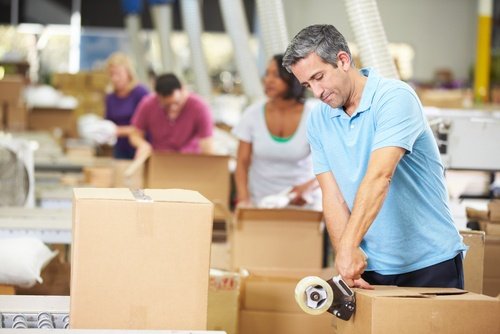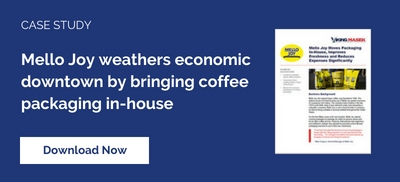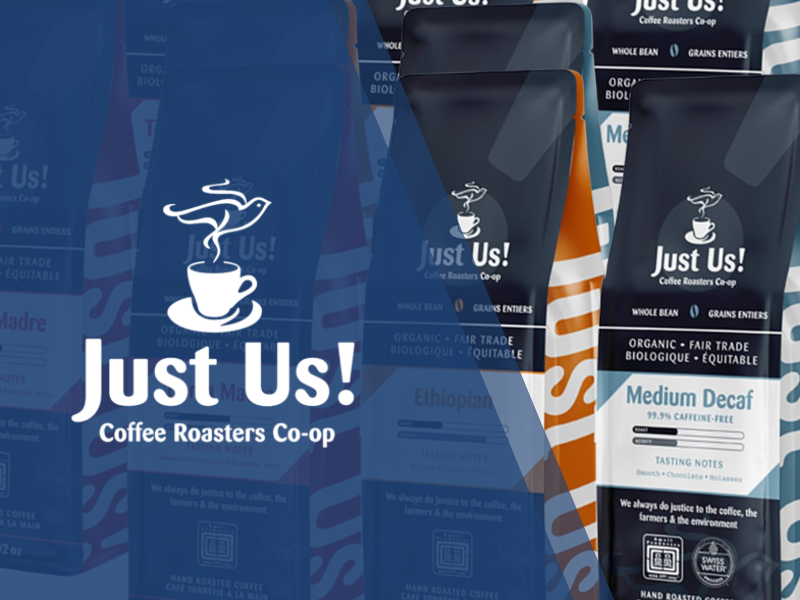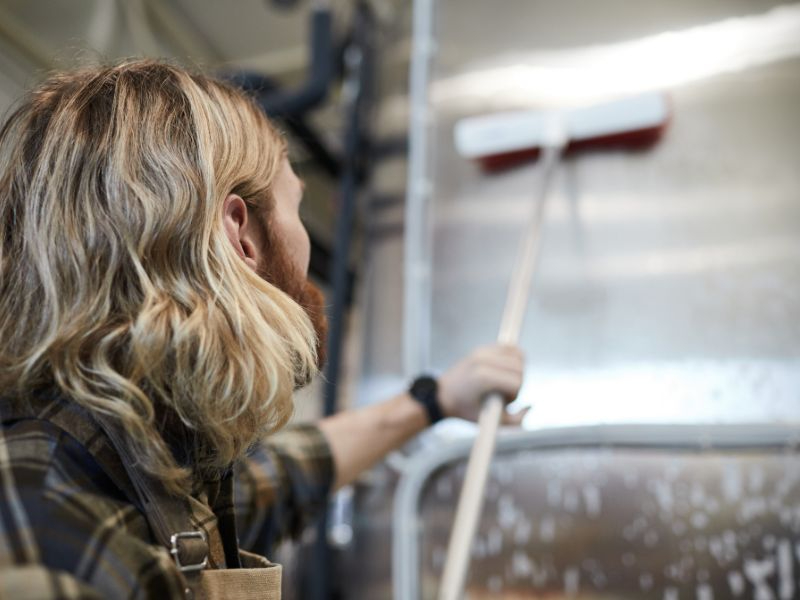Outsourcing your packaging vs. packaging in-house: A comprehensive guide to making the right decision

Is your business struggling with the after-effects of a global pandemic and facing packaging challenges?
Or maybe you are embarking on an exciting new business venture and looking to bring your product to market.
Or perhaps your company is well established and exploring ways to make your production and packaging process more efficient.
Whatever the case, the manner in which you package your product is a vital component to overall company success.
There are two main avenues to take when making this decision:
- Use the services of a contract packager. This involves subcontracting the packaging of your product to a third-party company.
- Invest in automating packaging in-house. This usually involves acquiring capital packaging equipment and performing the packaging process at your facility.
It's an important decision that often comes down to a few important details: Available resources and expertise, crunching the long and short-term budget implications, and maximizing plant-wide efficiencies.
When to consider outsourcing your packaging
In general, a contract packager is chosen by a manufacturer when it is less costly and more efficient than packaging its product in-house.
Contract packagers also bring very specific expertise to the table, as they live and breathe packaging all day, every day. A rapidly growing small business can turn to a contract packager to quickly scale their packaging and production to a higher level than they would be able to achieve on their own without significant investment and reorganization.
In the same vein, a large multi-national corporation may find it easier and more efficient to outsource their packaging so they can focus on other matters.
Additionally, when markets are unstable and supply chains unpredictable, it can make sense to hand over your packaging to a third party so you can focus on your firm's core competencies.
According to the Contract Packaging Association, there are many reasons a business might consider a co-packer, including:
- No available in-house equipment or expertise for a particular job
- Not economically feasible to invest in your own packing equipment
- Geographically separated facilities could serve the product better for national distribution
- Non-standard packaging requiring special machinery or labor-intensive work is specified
- Product may more economically be shipped in bulk to a distant market, then unit packed locally
- Short-term requirement that may be better served by specific experience or equipment you don't have
- There's an alternative use viewed as higher priority for in-house equipment
- There's a warehouse full of a product that needs re-working to make it saleable
- There's a corporate downsizing in personnel, facilities or both
- There's a new product or packaging that needs to be tested before general introduction
- The company is faced with high investment to meet regulatory requirements
When to consider bringing packaging in-house
There are also many companies, small and large, that choose to package their product in-house. In general, packaging your product on-site requires a higher upfront cost, but as soon as the machinery is paid off, the return on investment can be substantial over the long-term. The only continuing expenses will be paying machine operators/technicians, wear parts replacement, and maintenance. Additionally, a business can receive certain tax benefits from the acquisition and depreciation of capital equipment.
Many business owners report a sense of satisfaction derived from having direct influence and control over the production of their product, from initial sourcing to packaging to delivery. Having the in-house talent and capabilities to manage your entire production process, while certainly challenging and costly upfront, is an asset and investment in the enterprise's future.
In the event of global market disruptions and supply chain struggles, knowing you have the resources to package your product in-house means you rely less on outside suppliers and forces that you cannot control.
There are many reasons a manufacturer may choose to package their product in-house by acquiring capital packaging equipment:
- The need is not clear and would be difficult to communicate to a third-party
- The packaging challenge can be more effectively and efficiently addressed using other methods
- A desire to vertically integrate your supply chain under one roof and a single management group
- The company is not organizationally or financially prepared to implement a contract packager's suggestions
- You think the contract packager can salvage a project that you suspect is no longer salvageable
- A need to decrease ongoing costs related to outsourcing your packaging
- Wanting to directly manage and oversee the entire production process internally
- Available in-house talent that can confidently manage the process
- A desire to decrease freight costs and shrink resulting from shipping and handling
- A strong core product line that is homogenous and requires little specialization of packaging machinery
Which is right for your business?
The truth is there is no simple formula to determine if you should package in-house or utilize contract packaging services. One is not inherently better than the other, and each choice contains both opportunities and challenges.
But generally, there are 3 main factors that will influence the choice between a contract packager and packaging in-house.
Control
How important is it to you to have full control and decision-making power over your production, labor force, and packaging processes? If that rates high on your list, you may want to choose to package your product in-house. If that is not a huge concern of yours and you'd rather focus on other value-added areas of your business, consider outsourcing your packaging to a contract packager.
Money
Do you want to save money upfront? If your answer is yes, then a contract packager may be the better choice. But if you have the financial resources to support a capital equipment purchase, then you may want to consider packaging your product in-house.
Commitment
Do you have (or can you get) dedicated long-term space to house a packaging line, processing equipment, and storage space? If so, look into packaging your product in-house. If space is at a premium and it would be difficult to obtain more, then a contract packager may be the wiser choice.
Some companies decide to utilize both methods: Packaging their core product in-house and subcontracting more specialized or promotional products to a contract packager.
Helpful resources
Whatever your decision, you can be confident in your choice of contract packager or capital equipment investment with help from the packaging experts at Viking Masek.
If you think using a contract packager is the best decision for your needs, many contract packagers across North America use our flexible packaging equipment, and we are happy to share those contacts with you. Another great resource is the Contract Packaging Association's member directory.
Interested in bringing your packaging in-house? We're happy to answer any questions you may have about the process, from start to finish. Contact us today at (920) 564-5051 or request a packaging equipment consultation to get started.
Need a little help with your research?
Not sure which option is best for you? We have the perfect case study to help you with your research. Mello Joy, a coffee roaster in Louisiana, was faced with this very same decision and ultimately decided to bring their packaging in-house. Read their story:





